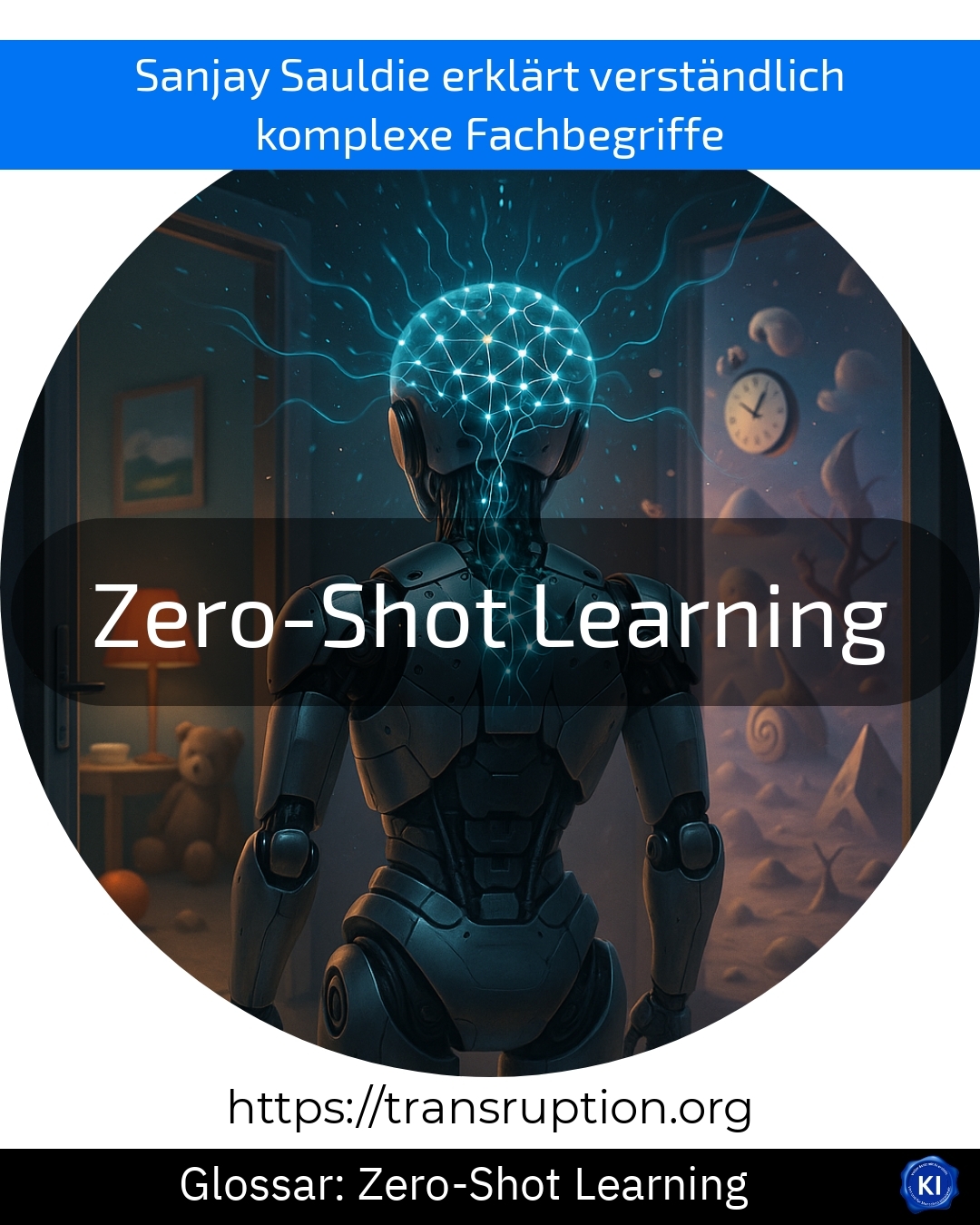Zero-shot learning is a term used in artificial intelligence and plays a particularly important role in automation, big data and smart data. It describes the ability of AI systems to solve tasks or recognise objects without having seen examples of them beforehand.
Normally, AI models have to be trained with a lot of data in order to distinguish cats from dogs, for example. With zero-shot learning, on the other hand, the system can draw on its existing knowledge to master new, unknown tasks. This saves time and resources because it is not necessary to collect separate training data for each new situation.
An illustrative example: A language assistant already understands many queries in German and English. Now it is asked a question in Spanish without having any special training data for it. Thanks to zero-shot learning, the assistant still manages to answer the Spanish question reasonably correctly or understand its meaning by using its existing knowledge of languages and contexts.
Zero-shot learning makes artificial intelligence more versatile and efficient, especially in areas where new situations need to be recognised quickly and handled flexibly.















